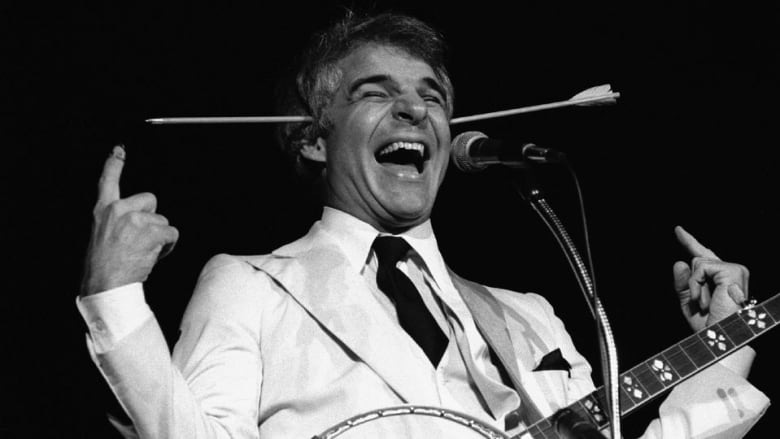Steve Martin spent a long time in the wilderness before his breakthrough. In his autobiography Born Standing Up, he describes his long and winding road:
I did stand-up comedy for 18 years. Ten of those years were spent learning, four years were spent refining, and four years were spent in wild success. I was seeking comic originality, and fame fell on me as a byproduct. The course was more plodding than heroic.
This 10 year apprenticeship turns out to be relatively common, kind of like actors giving it ‘til they turn 30 to see if they’ll make it. Those who succeed often look back fondly on those years. There’s a purity to doing the work for its own sake, absent public scrutiny and economic pressure.
In Martin’s case, he felt his wanderings prepared him:
The disparate elements I’d begun with ten years before had become unified; my road experience had made me tough as steel, and I had total command of my material. But most important, I felt really, really funny.
But when he finally broke through, he found success hindered his creativity. Since his act incorporated physical and screwball comedy, he could no longer connect with audiences and experiment with material the way he once had:
I was performing a litany of immediate old favorites, and the laughs, rather than being the result of spontaneous combustion, now seemed to roll in like waves created far out at sea. The nuances of stand up still thrilled me, but nuance was difficult when you were a white dot in a basketball arena…Today I realize that I misunderstood what my last year of stand-up was about. I had become a party host, presiding not over timing and ideas but over a celebratory bash of my own making. If I had understood what was happening, I might have been happier, but I didn’t. I still thought I was doing comedy.
Martin exemplifies a deeper truth. He endured obscurity for the sake of a meaningful pursuit. In time, the work became the reward, not the fame, status, or money he may have once sought. And he committed to a long enough period (over ten years) that things could develop. He was patient.
This is all on my mind after reviewing Scott Galloway’s The Algebra of Wealth. His case to not “follow your passion” but instead “follow your talent” is pretty standard fare, but it’s a good reminder that building something meaningful, like mastery, takes a long time. Galloway says it only took him 35 years of hard work to become an overnight success. Martin spent over a decade flopping night after night.
Great things take time, and as Martin says, that often is “more plodding than heroic.” Sometimes, you need to change course. Sometimes, though, you just need to put your hand to the plow and not look back.
If the title made no sense to you, see David Bowie’s “Five Years”





